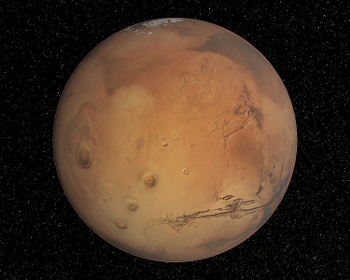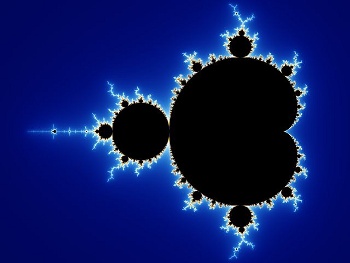
Math Appreciation
October 2, 2013 The popularity of television shows about science has proven that a person needn't be a scientist to appreciate scientific discoveries. Computer graphics help to a great extent, and having one or several scientific advisors is a requirement practicing scientists would make. Although the scientific content of these shows is never a surprise to me, I really enjoy the short explanatory clips by the scientists involved in the particular field being showcased. The history of this type of television science documentary goes back to Walt Disney and his Disneyland television series on the ABC television network. As a child, I saw four remarkable, mostly animated, science episodes. Three of these were on the popular theme of the time, the manned exploration of space. The other, "Our Friend the Atom," was about atomic physics with an emphasis on nuclear power.[1] The three spaceflight themed episodes were "Man in Space (1955)", "Man and the Moon" (1955), and "Mars and Beyond" (1957).[1] These episodes aspired to scientific credibility through commentary by aerospace engineer, Wernher Von Braun, and Earl C. Slipher, the brother of Vesto Slipher and a planetary astronomer at Lowell Observatory. | The planet, Mars, was quite mysterious in the years before being photographed by the Mariner 4 spacecraft in July, 1965. (Celestia screenshot by Niko Lang, via Wikimedia Commons.) |
"...You can appreciate art without acquiring the ability to paint, or enjoy a symphony without being able to read music."[3]Although art and music are everywhere in our environment, from elevators to billboards, mathematics is not. Still, as Suri comments, he often meets people who want to learn more about mathematics. Mathematician, Keith Devlin, of Stanford University has written a book, "The Math Gene," in which he argues that the human brain is "wired" for mathematics, and humans may crave it.[4] Suri mentions the following mathematical ideas that can be appreciated without calculation or formulas:[3]
• The origin of numbers. Suri equates the idea that we can create the whole numbers just by adding one to predecessor numbers with a magic trick.
• The sequence of regular polygons with perimeters converging to a circle. This also expresses the concept of limit upon which calculus is built.
• Visualizing a sphere as a stack of its circular cross sections. Archimedes did this more than two millennia ago to calculate the volume of a sphere, and it's another example of calculus.
• Fractal images. This counts only when the observer realizes that there's a simple mathematical rule that generates these.
 | The now familiar Mandelbrot set. (Via Wikimedia Commons.) |
References:
- YouTube videos of Our Friend the Atom, Man in Space, Man and the Moon, and Mars and Beyond.
- Manil Suri Academic Web Site.
- Manil Suri, "How to Fall in Love With Math," The New York Times, September 15, 2013.
- Keith Devlin, "The Math Gene: How Mathematical Thinking Evolved And Why Numbers Are Like Gossip," Basic Books (Reprint edition, May 22, 2001), ISBN 978-0465016198, 353 pages (via Amazon).
- Manil Suri Academic Web Site.
